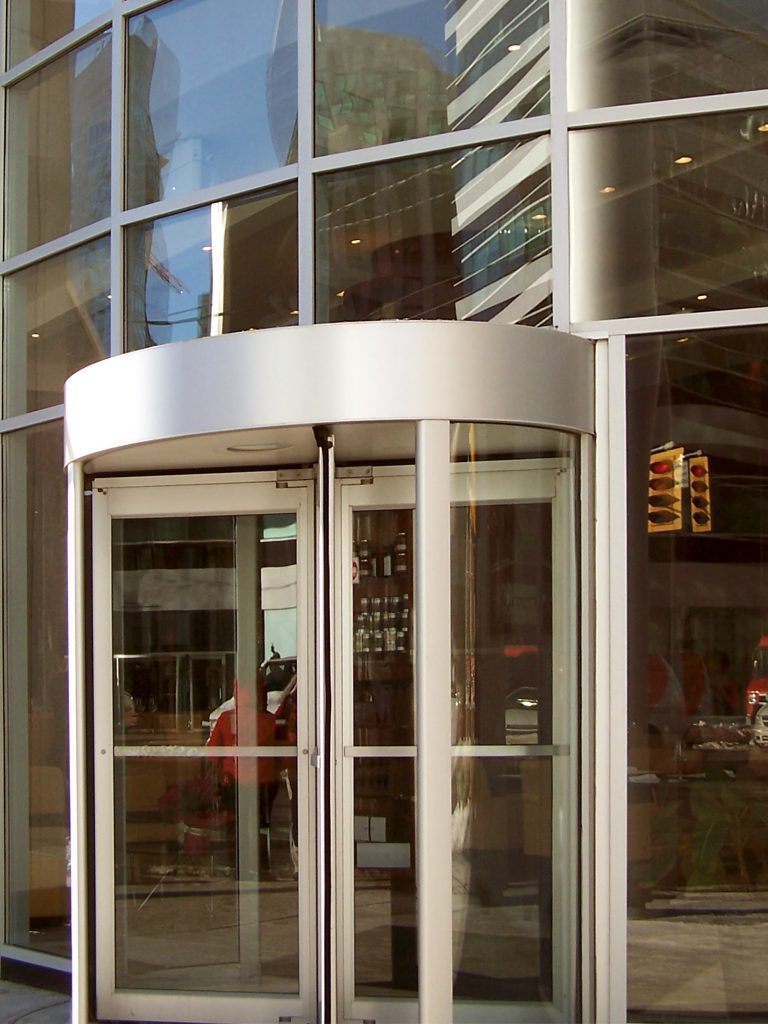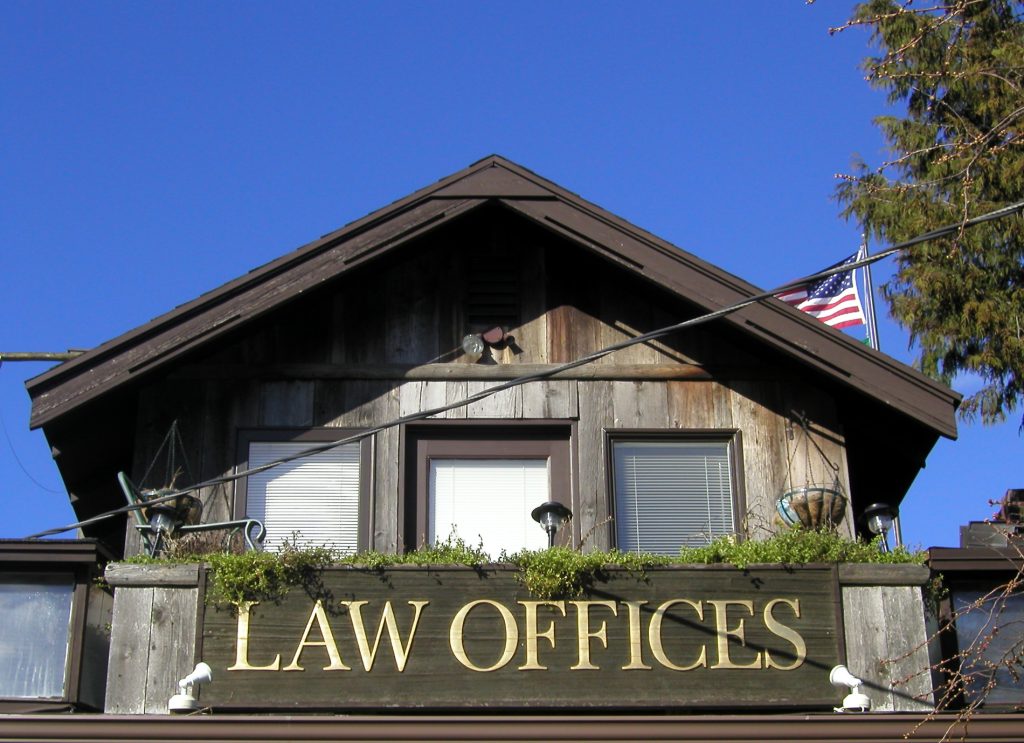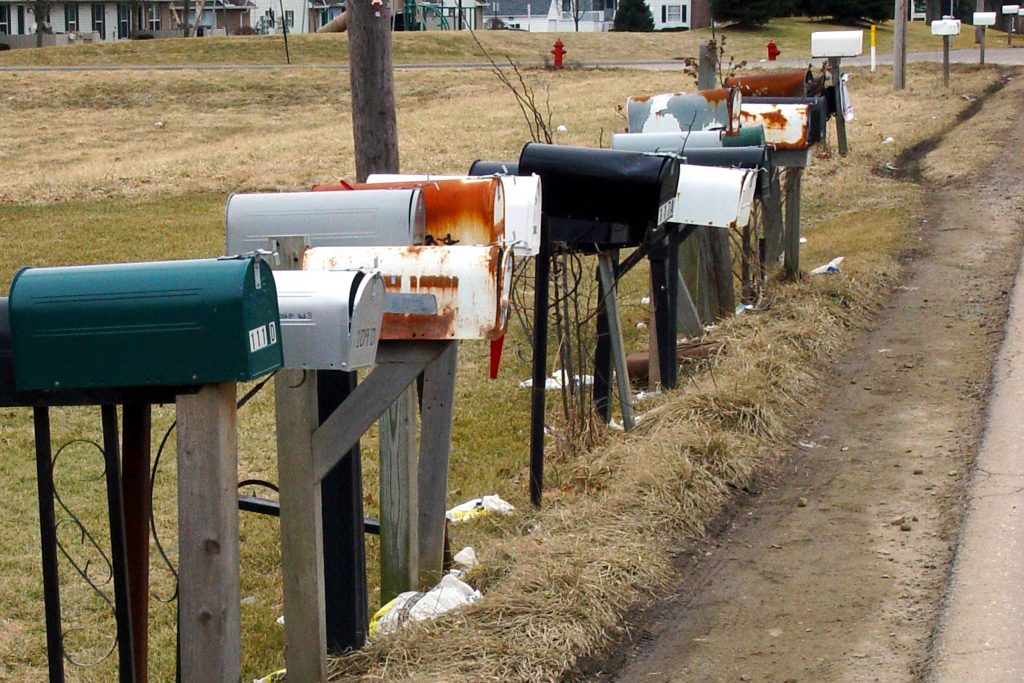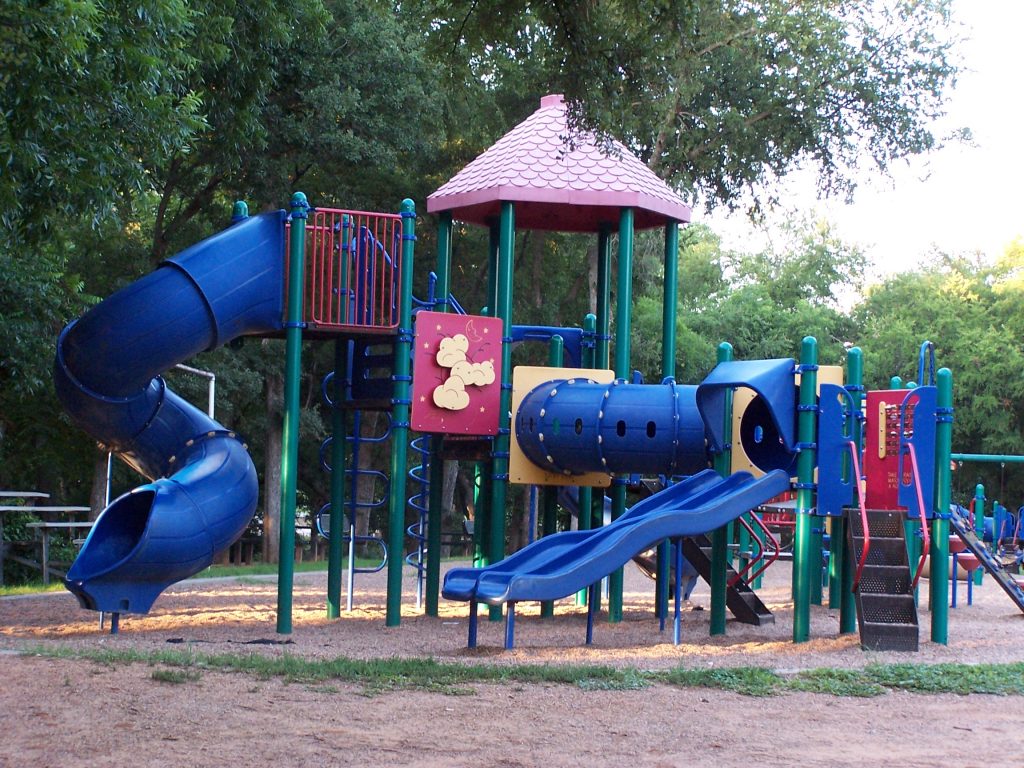
We have all had that moment in a revolving door when the door seems to be moving just a bit too fast. You do your best to keep up but the back of the door knocks into your foot. No harm, no foul when you get a little bump on your foot. But what if an entire glass pane fell off the door and pinned you into the other side of the door. I would expect you would be pretty upset and you would want to figure out who is responsible for your injuries. Is it the hotel, the door manufacturer, the installer of the door? The following case out of New Orleans sheds some light on who might be responsible when a revolving door almost turned into a death trap for one unfortunate man.
In 2004 while working as a courier Huey Madison had deliveries to make at the Inter-Continental hotel in New Orleans, Louisiana. Huey alleged while exiting the revolving door of the Hotel the door panels collapsed and pinned him between the glass causing him injuries. Huey filed a lawsuit claiming damages resulting from the hotel’s failure to properly install, monitor, and repair the revolving door. Intercontinental answered Huey’s lawsuit, denying all claims while also asserting a third-party demand against Carolina Door, claiming Carolina Door had total control over the inspection and repairing of the door in question. Huey subsequently filed an amended petition with Carolina Door listed as a direct defendant.
Both the Intercontinental Hotel and Carolina Doors sought to escape liability by filing motions stating each were solely responsible for Huey’s injuries. These motions are called summary judgments and are standardly filed in cases such as this. If the party who files a summary judgment motion can demonstrate that there are no facts in dispute and according to the law they are not responsible they can evade responsibility. In response to those motions, Huey filed a memo in opposition and attached the affidavit of an expert witness in the field of construction. Huey argued the expert affidavit provided facts in dispute that would defeat defendants’ motion for summary judgment. Carolina Door subsequently filed a motion to strike Huey’s expert affidavit, arguing the introduction of an expert witness was too late and violated court orders. At the hearing on the motions for summary judgment and motion to strike, the trial court held Huey failed to produce factual support concerning negligence by Carolina Door, and thus granted Carolina Door’s motion for summary judgment. The trial court also denied Carolina Door’s motion to strike without much explanation.
 Louisiana Personal Injury Lawyer Blog
Louisiana Personal Injury Lawyer Blog



 When attempting to bring a lawsuit in court, timing is everything. If a potential claim is brought too late your day in court may never come. However, Louisiana courts of law are generous in extending the deadline to file a lawsuit in instances of fraud. In the following case out of Jefferson Parish Louisiana, a Plaintiff learned that the deadline to file a legal malpractice lawsuit can be relaxed when fraud is employed to hide negligent representation.
When attempting to bring a lawsuit in court, timing is everything. If a potential claim is brought too late your day in court may never come. However, Louisiana courts of law are generous in extending the deadline to file a lawsuit in instances of fraud. In the following case out of Jefferson Parish Louisiana, a Plaintiff learned that the deadline to file a legal malpractice lawsuit can be relaxed when fraud is employed to hide negligent representation.
 Recently, the Louisiana Fifth Circuit Court of Appeals increased a trial court’s award of damages to a plaintiff in a negligence action against Walgreens. Negligence involves showing the court that one person (or company) failed to do their duty—and as a result, someone was hurt. In this case, Peggy Williams asked her son Derrick to pick up a medication for her from the Walgreens pharmacy in Gretna. Walgreens’ pharmacist handed Derrick another person’s medication, and Ms. Williams took the pills without noticing the mistake. As a result, she suffered several strokes and long-term loss of physical capacity. The jury found that Ms. Williams and her son were 40% at fault, and that Walgreens was 60% at fault for the harms Ms. Williams suffered.
Recently, the Louisiana Fifth Circuit Court of Appeals increased a trial court’s award of damages to a plaintiff in a negligence action against Walgreens. Negligence involves showing the court that one person (or company) failed to do their duty—and as a result, someone was hurt. In this case, Peggy Williams asked her son Derrick to pick up a medication for her from the Walgreens pharmacy in Gretna. Walgreens’ pharmacist handed Derrick another person’s medication, and Ms. Williams took the pills without noticing the mistake. As a result, she suffered several strokes and long-term loss of physical capacity. The jury found that Ms. Williams and her son were 40% at fault, and that Walgreens was 60% at fault for the harms Ms. Williams suffered. The last thing that you want to do after dealing with litigious matters is have to hire more lawyers. However, if you believe your lawyer committed legal malpractice thats exactly what you will be forced to do. Lawsuits containing claims of legal malpractice are taken very seriously by the courts presiding over them. Very strict timelines dictate when you must file a lawsuit alleging legal malpractice and if your not careful your case could be dismissed before it gets started. A recent case out of the Louisiana Fourth Circuit Court of Appeal discusses a lower courts ruling in a legal malpractice lawsuit in favor of Defendants, Romauldo Gonzalez, Sr., and the Law Offices of Romauldo Gonzalez, L.L.C. d/b/a Braden Gonzalez and Associates (collectively, “Mr. Gonzalez”) based on prescription arguments.
The last thing that you want to do after dealing with litigious matters is have to hire more lawyers. However, if you believe your lawyer committed legal malpractice thats exactly what you will be forced to do. Lawsuits containing claims of legal malpractice are taken very seriously by the courts presiding over them. Very strict timelines dictate when you must file a lawsuit alleging legal malpractice and if your not careful your case could be dismissed before it gets started. A recent case out of the Louisiana Fourth Circuit Court of Appeal discusses a lower courts ruling in a legal malpractice lawsuit in favor of Defendants, Romauldo Gonzalez, Sr., and the Law Offices of Romauldo Gonzalez, L.L.C. d/b/a Braden Gonzalez and Associates (collectively, “Mr. Gonzalez”) based on prescription arguments. In order to file an insurance claim you first must have insurance coverage. It’s important that you stay aware of the renewal dates for the continuation of coverage so that you do not end up losing out on critical insurance payments in times of crisis. In certain situations it’s your insurance company or agent’s duty to notify you that your coverage has lapsed. A recent case involving a homeowners insurance policy for a property located on Lafourche Street in New Orleans discusses the burden of proof necessary to justify a homeowner’s claims of improper notification of nonrenewal by his insurance agent.
In order to file an insurance claim you first must have insurance coverage. It’s important that you stay aware of the renewal dates for the continuation of coverage so that you do not end up losing out on critical insurance payments in times of crisis. In certain situations it’s your insurance company or agent’s duty to notify you that your coverage has lapsed. A recent case involving a homeowners insurance policy for a property located on Lafourche Street in New Orleans discusses the burden of proof necessary to justify a homeowner’s claims of improper notification of nonrenewal by his insurance agent. Car accidents can be an alarming ordeal. Especially, where there has been a fatality involved. Generally, when a vehicle has been physically involved in an accident, the driver can expect to have some liability. However, liability can also be involved where a driver requires a passenger to exit a vehicle, and the passenger is subsequently struck and killed by an unknown driver, hours later.
Car accidents can be an alarming ordeal. Especially, where there has been a fatality involved. Generally, when a vehicle has been physically involved in an accident, the driver can expect to have some liability. However, liability can also be involved where a driver requires a passenger to exit a vehicle, and the passenger is subsequently struck and killed by an unknown driver, hours later. In 1997, Brandon Hirstius purchased a tract of land in St Tammany Parish. Nearly 14 years later, in 2011, Mr. Hirstius complained of an unauthorized utility pole on his property belonging to BellSouth Telecommunications, Inc. and filed a trespass lawsuit against the telecommunications company. In the midst of the June 2012 trial, Mr. Hirstius discovered the Renaissance Media, LLC, owned aerial wires attached to the utility pole in question.
In 1997, Brandon Hirstius purchased a tract of land in St Tammany Parish. Nearly 14 years later, in 2011, Mr. Hirstius complained of an unauthorized utility pole on his property belonging to BellSouth Telecommunications, Inc. and filed a trespass lawsuit against the telecommunications company. In the midst of the June 2012 trial, Mr. Hirstius discovered the Renaissance Media, LLC, owned aerial wires attached to the utility pole in question. Playgrounds bring great joy to young children. Countless hours are spent sliding down slides, swinging on swings and traversing monkey bars throughout the state of Louisiana. While it might come as news to some, playground equipment has certain set standards for what age range is appropriate to play on the equipment. In a recent case involving a Baptist Church Aftercare program in Jefferson Parish these standards were discussed when unfortunately a young girl broke her arm while playing on their playground.
Playgrounds bring great joy to young children. Countless hours are spent sliding down slides, swinging on swings and traversing monkey bars throughout the state of Louisiana. While it might come as news to some, playground equipment has certain set standards for what age range is appropriate to play on the equipment. In a recent case involving a Baptist Church Aftercare program in Jefferson Parish these standards were discussed when unfortunately a young girl broke her arm while playing on their playground.